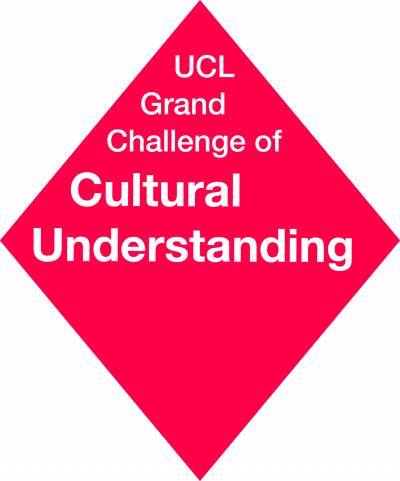Liberty: An Ancient Idea for the Contemporary World
Exchanging ancient ideas and modern perspectives on the notion of liberty through cross-disciplinary discussions.

3 February 2014
The project supported a two-day conference to exchange knowledge across disciplines on the ancient notions of political liberty. Discussions analysed conceptualisations of this value of liberty in the ancient Near East (concentrating on Assyria), ancient Israel (with a focus on the Hebrew Bible as well as on the Jewish notion of liberty under Roman dominion), in Classical and Hellenistic Greece (with an analysis of Plato’s and Xenophon’s writings, classical Sparta, and Hellenistic honorific inscriptions), in the Roman Republic and Empire (focusing on the writing of Cicero and the relation between the centre and the periphery of the empire), and in Byzantium.
The event concluded with a roundtable that included political theorists and modern historians. During discussions, the theoretical underpinnings of notions of liberty, previously discussed historically, were put to the forefront and their relevance to contemporary debates assessed.
The event raised two main issues: (1) whether it is appropriate for historians of the ancient world or more in general historians to use their knowledge as a way of intervening in the contemporary world; (2) within these parameters, the possibility that imperialistic Rome, based on slavery and the exclusion of women and foreigners from mainstream political life, could provide us with an ideological tool to inform discussion of current political issues concerning liberty.
As a result of these discussions, The Journal of History of European Ideas dedicated a special issue to this theme. Building on this, the project has also resulted in the publication of a book, Liberty: Ancient Ideas and Modern Perspectives.
 Close
Close


